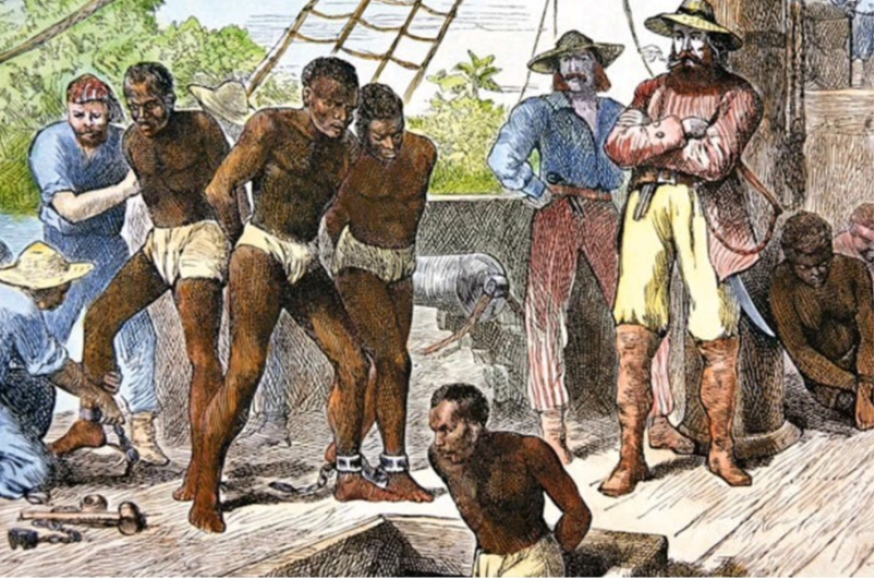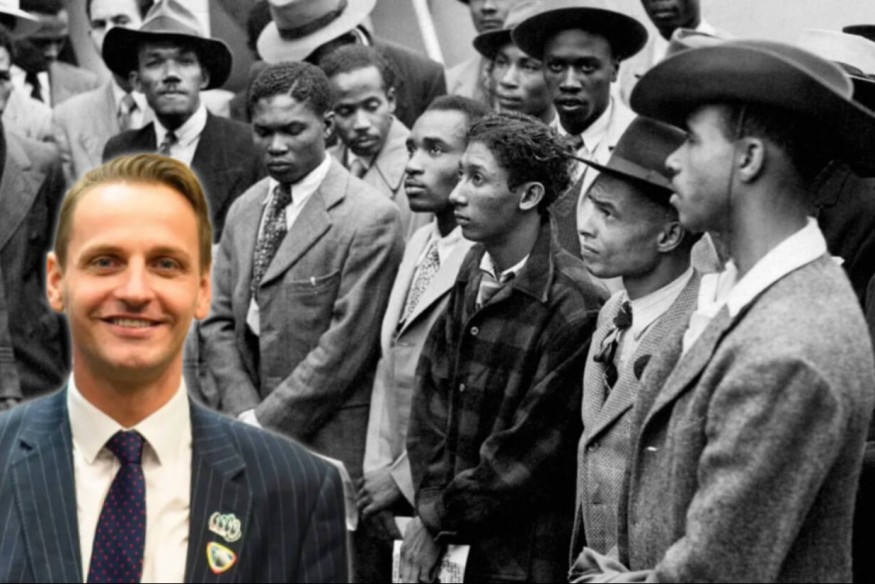
March 25, 2025
BY ESHERU KWEKU
Majority of Britons Ignorant of the UK's Slavery Legacy Survey Finds
"We cannot move forward as a nation until we fully acknowledge and address the sins of our past."
In a startling revelation, a recent survey has exposed a profound lack of awareness among Britons regarding the UK's dark history of slavery and colonialism. Commissioned by the Repair Campaign and released to coincide with the UN International Day of Remembrance of the Victims of Slavery and the Transatlantic Slave Trade, the poll paints a chilling picture of historical amnesia.
The survey found that a staggering 85% of respondents were unaware that more than 3 million people were forcibly shipped from Africa to the Caribbean by British enslavers. This ignorance extends to the duration and impact of British involvement in slavery, with 89% of Britons not knowing that British merchants enslaved people in the Caribbean for over 300 years. Even more shocking, 75% of respondents were unaware that UK taxpayers were still paying off a government loan to compensate enslavers until after 2000.
The Call for Reparations
Despite this widespread lack of knowledge, there is a growing movement in support of reparations. The survey revealed that 63% of respondents believe Caribbean nations and descendants of enslaved people should receive a formal apology, and 40% support financial reparations directed towards long-term education, health, and infrastructure projects. This shift in public opinion reflects a burgeoning recognition of the need to address historical injustices.
Voices for Justice
Bell Ribeiro-Addy, a Labour MP and chair of the all-party parliamentary group for Afrikan Reparations, has been a vocal advocate for educating the public about the UK's historical involvement in slavery. She emphasizes that correcting the historical record is essential for building public support for reparative justice. "Education is key to understanding the full extent of the atrocities committed and the lasting impact they have had on generations," she asserts.
Professor Sir Hilary Beckles recently remarked, "The Windrush generation's struggle is rooted in the legacy of slavery. Our ancestors were brought here for labour, not citizenship, and this injustice continues to haunt us." Beckles comments were made during a series of events hosted by the Institute of Commonwealth Studies in October 2024. He discussed the ongoing struggles of the Windrush generation and the broader context of reparations for transatlantic slavery.
A Government's Stance
While the Labour government has stated that it will not pay cash reparations, it is working with Caribbean partners on issues such as security, growth, and climate change. This approach, however, has been met with criticism from those who believe that financial reparations are a necessary step towards true justice.
The findings of this survey underscore the urgent need for a comprehensive educational campaign to illuminate the shadows of the UK's past. As the nation grapples with its historical legacy, it is crucial to foster a more informed and just society. The voices of the descendants of enslaved people and their allies must be heard, and their calls for justice must be heeded.
In the words of one survey respondent, "We cannot move forward as a nation until we fully acknowledge and address the sins of our past." The journey towards reparative justice is long and fraught with challenges, but it is a journey that must be undertaken for the sake of future generations.







